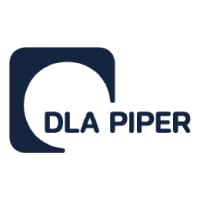

EVP legal & compliance | Orkla ASA



Camilla Tellefsdal Robstad
EVP legal & compliance | Orkla ASA
Team size: 7
What are the key projects that you have been involved in over the past 12 months?
In 2023, Orkla changed its corporate structure and transformed into an industrial investment company with ownership in more independent portfolio companies. The key projects in the last year(s) have been to deliver on this new operating model and strategy, including building and implementing a new governance model, and adjusting the legal structure of the group to support the operating model. Orkla Legal has been involved in several important structural projects the last year, including the partnership with and sale of 40% of Orkla Food Ingredients to Rhone Capital, divestment of two of the smaller portfolio companies Lilleborg AS and Pierre Robert Group AS and divestment of Orkla’s Hydro power portfolio.
What do you think are the most important attributes for a modern in-house counsel to possess?
In-house counsel need to be team players and work closely with other corporate functions. In-house counsel need to deeply understand the strategy of the company and support the company in reaching this strategy. In-house counsel need to be clear in communication and provide practical advice. In the jungle of current and incoming new regulations, in-house counsel have an important role to prioritise and help business navigate and understand what is “license to operate”, what is critical to reach business goals and what could be acceptable risk.
How can general counsel foster a corporate culture that supports ESG principles and compliance across all levels of the organisation?
Fostering a culture that supports ESG principles and compliance – a culture of integrity – is a joint effort. Legal, compliance and ESG teams need to work closely together and be aligned. Regular trainings for BoDs and management teams are important. GCs need to be clear on legal requirements, roles and responsibilities on different levels of the organisation and consequences of non-compliance. But it is equally important to be clear on business opportunities and that culture of integrity supports value creation.